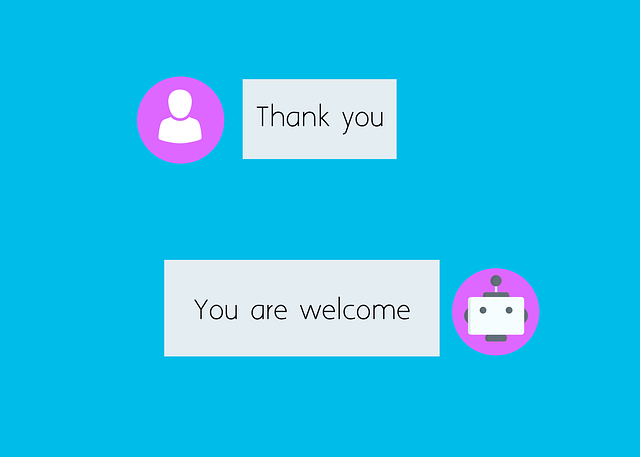The rapid integration of AI chatbots and assistants in tech support is revolutionizing business-customer interactions. These tools, powered by data processing and machine learning, offer 24/7 availability, precise responses, and personalized support, automating repetitive tasks and expediting ticket resolution times. As a result, businesses are witnessing improved customer satisfaction levels and enhanced operational efficiency, marking a significant paradigm change in the industry. AI chatbots efficiently handle basic to moderately complex queries, enabling human agents to focus on more nuanced issues, while continuously learning from past interactions to provide dynamic knowledge bases for streamlined processes.
Conversational AI is revolutionizing tech exchanges, transforming the way businesses interact with customers. This article explores the AI chatbot and AI assistant phenomenon, highlighting their significant impact on enhancing efficiency within the tech industry. We delve into the evolution of AI customer service, its numerous benefits, and successful real-world implementations. Furthermore, we discuss future prospects, including continuous learning, integration with other technologies, and the potential for enhanced customer satisfaction and business growth.
- The Rise of AI Chatbots and Assistants in Tech Support
- – The evolution of customer service in the tech industry
- – Benefits of implementing AI chatbots and assistants
The Rise of AI Chatbots and Assistants in Tech Support

The rise of AI chatbots and assistants in tech support is transforming the way businesses interact with their customers. These intelligent tools are designed to handle a wide range of customer service tasks, from answering simple queries to resolving complex issues. With their ability to process vast amounts of data and learn from every interaction, AI chatbots offer 24/7 availability, consistent accuracy, and personalized support, revolutionizing the traditional tech support landscape.
AI assistants further enhance the efficiency of tech exchanges by automating repetitive tasks such as ticket categorization, basic troubleshooting steps, and knowledge base updates. This not only reduces response times but also allows human agents to focus on more challenging cases that require critical thinking and empathy. As a result, organizations are experiencing improved customer satisfaction rates and increased operational productivity.
– The evolution of customer service in the tech industry

The customer service landscape in the tech industry has undergone a remarkable transformation, primarily driven by the advent and rapid growth of Conversational AI technologies, including AI chatbots and assistants. Historically, interactions between customers and tech companies were often characterized by lengthy wait times, complex processes, and limited personal touch. However, with the rise of AI-powered solutions, this paradigm is quickly changing.
AI customer service has revolutionized the way businesses interact with their clients, offering instant support, 24/7 availability, and personalized experiences. AI chatbots can handle a multitude of basic to moderately complex queries, freeing up human agents to focus on more intricate issues that require empathy and nuanced understanding. This not only enhances efficiency but also improves customer satisfaction by providing swift resolutions.
– Benefits of implementing AI chatbots and assistants

Implementing AI chatbots and assistants in tech exchanges offers a multitude of benefits that significantly enhance efficiency. These intelligent agents can handle a high volume of customer inquiries simultaneously, reducing response times and workload on human support staff. By leveraging natural language processing, AI chatbots understand complex queries and provide accurate, personalized solutions, improving customer satisfaction.
Moreover, AI assistants excel in learning from past interactions, continually refining their responses to better address recurring issues. They can also act as knowledge bases, storing and retrieving relevant information swiftly. This streamlines processes, enables faster issue resolution, and frees up human agents to focus on more intricate tasks, fostering a more productive and satisfied workforce within tech exchanges.






